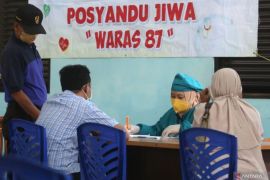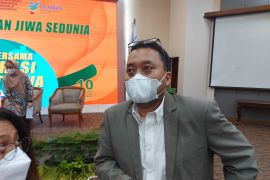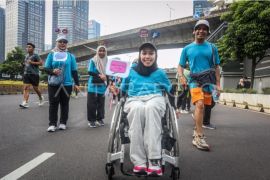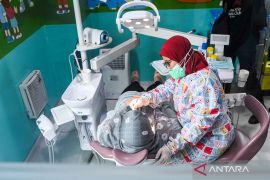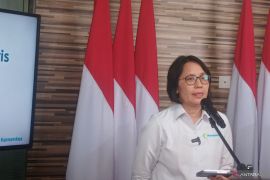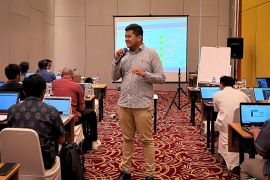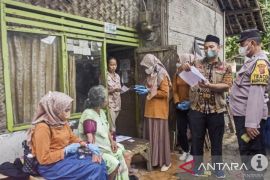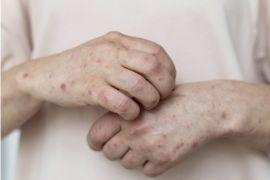The ministry's Director of Mental Health Imran Pambudi stated in Jakarta on Friday that currently, only 40 percent of puskesmas provide mental health services in Indonesia, and the distribution has not been equal across regions.
"Thus, the hope is that there would be at least five puskesmas in each city that can provide mental health services," he remarked.
Pambudi outlined that following the achievement of the 2025 target, the number of puskesmas providing the services is targeted to reach 70 percent in 2026.
He noted significant implementation challenges, primarily the limited availability of mental health professionals, with approximately 60-70 percent of existing psychologists and psychiatrists concentrated in Jakarta.
In this regard, his ministry seeks to increase capacity by making one million people become first-aiders in the First Aid for Psychological Wounds (P3LP) initiative.
"People from any background can become a first-aider as long as they are provided with the knowledge and skills for (addressing) these problems," he stated.
He explained that P3LP is expected to become an initial step in handling daily mental health problems before the patient is provided with professional help.
He further noted that the second challenge in mental health services is the availability of drugs in puskesmas.
"There are five drugs that should be available in health centers, one of which is haloperidol decanoate. This is a drug for schizophrenia but a long-acting one," he pointed out.
Addressing pharmaceutical procurement, the official emphasized that regional governments bear the responsibility for acquiring necessary medications. To this end, the Ministry of Health sent a letter to health offices to allocate a budget for the procurement.
Related news: IDI chairman champions joint efforts in tackling healthcare challenges
Related news: Govt updates Puskesmas guide to keep up with demographic changes
Translator: Mecca Yumna, Raka Adji
Editor: Rahmad Nasution
Copyright © ANTARA 2024



